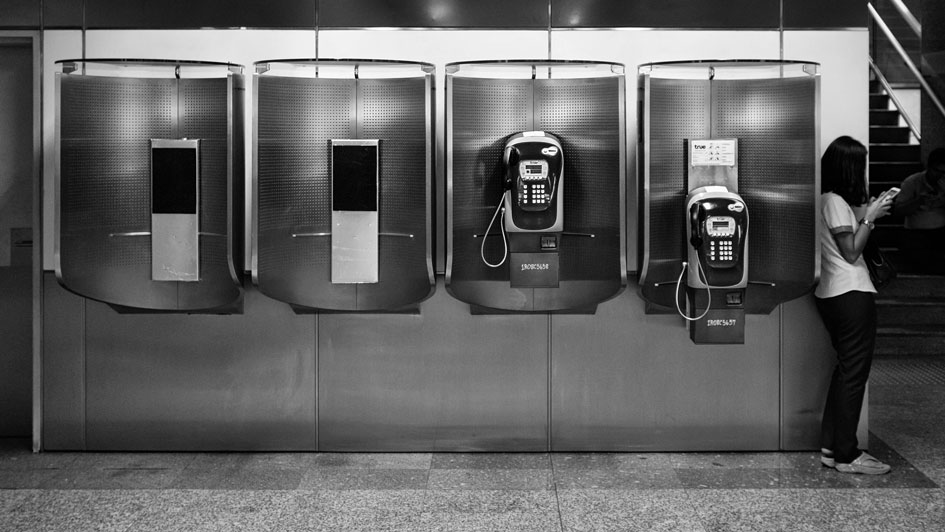
If you work for a public relations firm or in a corporate communications department, does your job description entail calling reporters and editors to pitch stories? If you are still using that old-school PR tactic, you’re career is at a dead-end because, aside from ill-informed publicists, journalists’ leading complaint is the number of unsolicited phone calls they receive. We now live in a communications environment in which the phone call has become by appointment only.
Having worked through the heyday and the end-of-days of the phone pitch, I can attest to its downward trajectory as an effective communications tool. Once upon a time, we mailed or messengered press materials, too often unsolicited, then called to ascertain their receipt. Then, email replaced the US Postal Service, but still the follow-up calls continued apace.
Long ago, in a far off, pre-digital galaxy, one could determine a good time to call a journalist (so as to not interrupt their deadlines) fairly well. But today, with reduced staffing and a 24/7 news-cycle, which dictates that journalists must also blog, tweet, post and produce video, deadlines are continuous and reporters must cover more territory than ever.
So why do PR pros persist in communications behavior that only serve to alienate busier-than-ever journalists and destroy the opportunity to establish on-going relationships? A key wrongheaded reason is the antiquated ‘call report’, a component of activities summaries, which PR departments have long relied on to demonstrate that they earned their money by putting in the time, albeit wasted and often destructive of potential results.
Yes, reporters have tough, and underpaid, jobs. They must be creative on tight deadlines. They have to deal with editors as well as manage diverse sources. The telephone is perhaps a reporter’s most important tool and they need an open line. So if you are a serious PR professional, don’t call them.
SEE ALSO: The Brands Losing their Cool Factor for the Sake of Profit
On the other hand, reporters can call you whenever they feel it necessary, and happy day when they do, as the likelihood of a story resulting is high. And, if they ask you to call them with certain answers or information, be sure you do so, and well before their deadline. Other than that, I never call a reporter unsolicited, even if I have an existing relationship.
PR pros who understand and can empathize with the pressures reporters face daily do better to reach out to them via email, which should provide needed context while giving the journalist a chance to digest the material at their discretion and decide whether it’s newsworthy. After all, that’s their job… Our job is to determine, through research, the journalists most appropriate to cover our story.
So before you dial that phone, especially before you ring a reporter’s cell phone number they gave when working on a previous story, stop. Instead, send a brief follow-up email (with background links). And, if it’s really important (to your boss or client) maybe even a second email in case the reporter was too busy to reply or scroll through the several hundred emails they receive daily.
PR pros need to embrace this new one-to-one reality, do a better job of researching, writing and packaging content to make it easier for reporters to quickly grasp the essence of your story. We need to more carefully focus our media outreach efforts, stay abreast of the ever-shifting journalistic landscape so key writers are updated and engaged on an ongoing basis.
Photo: chrisada / Flickr